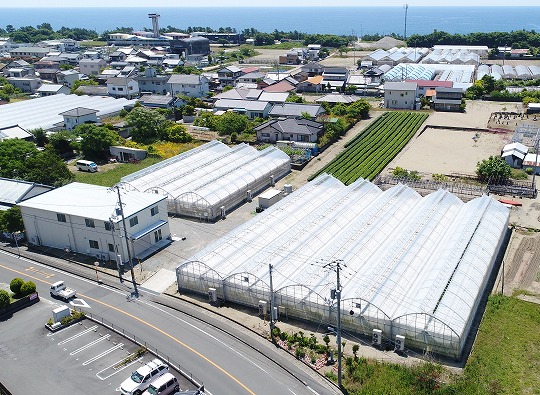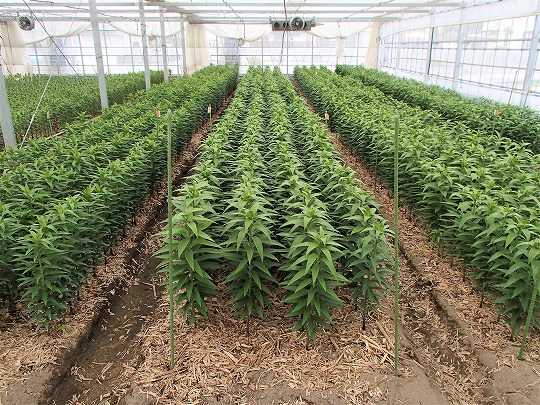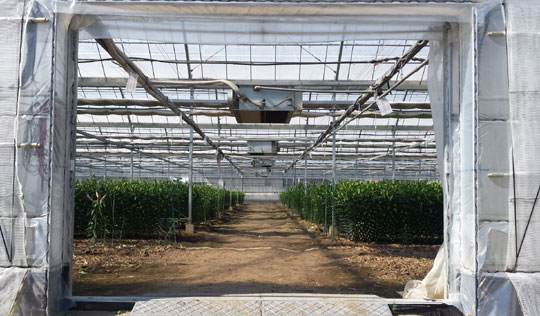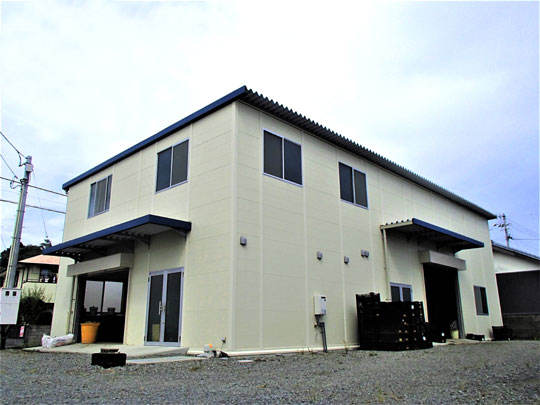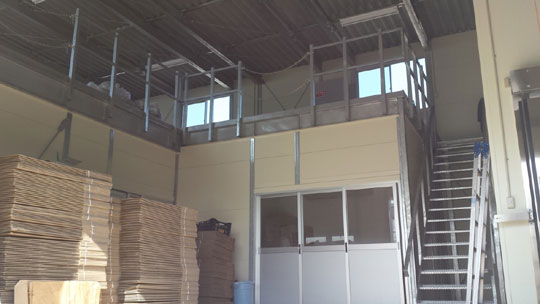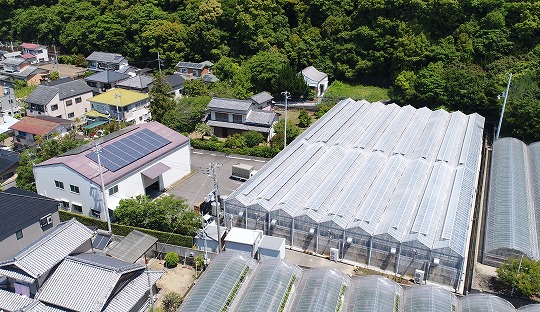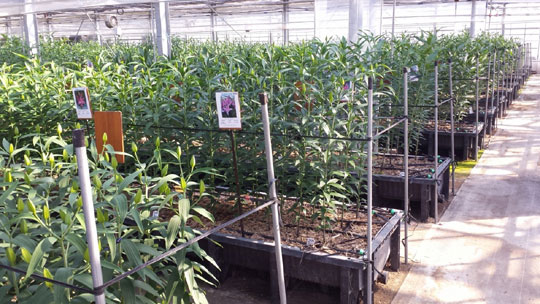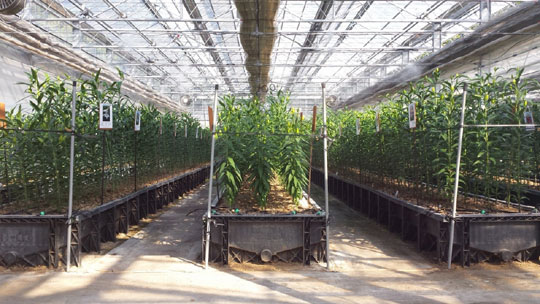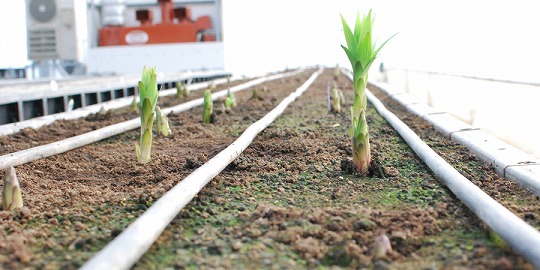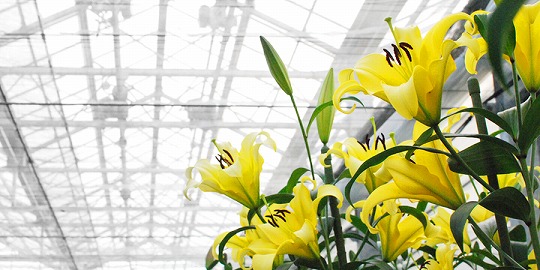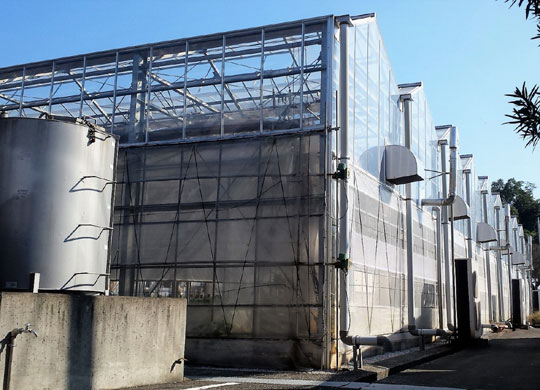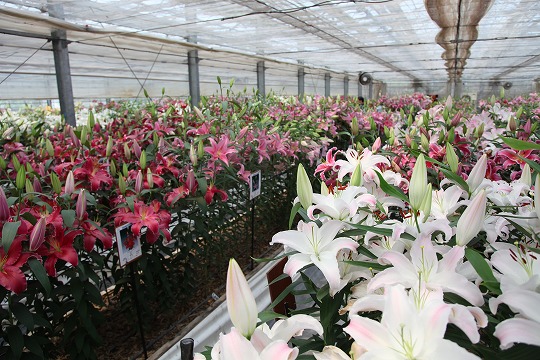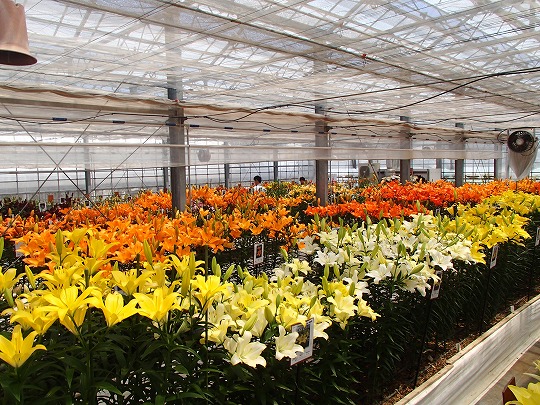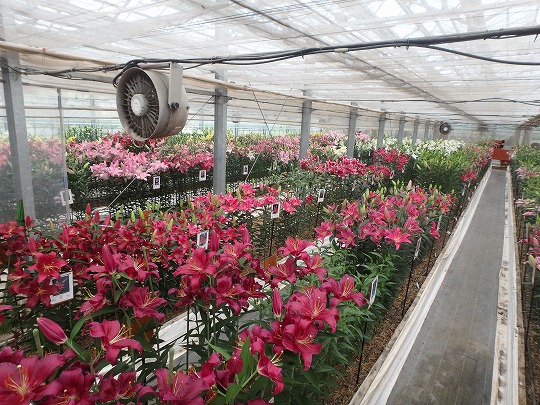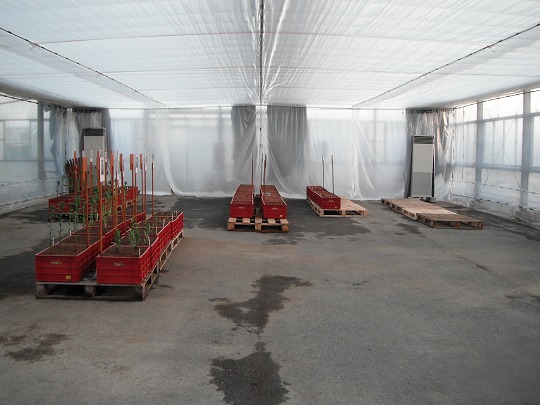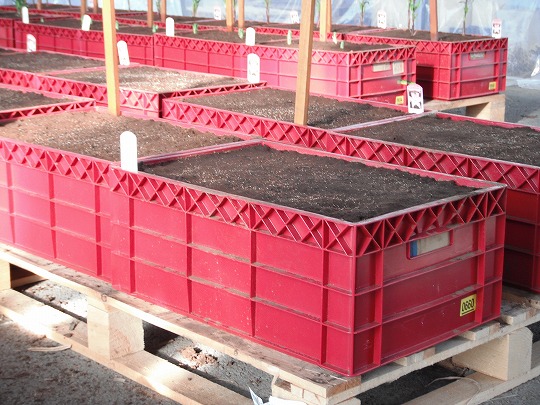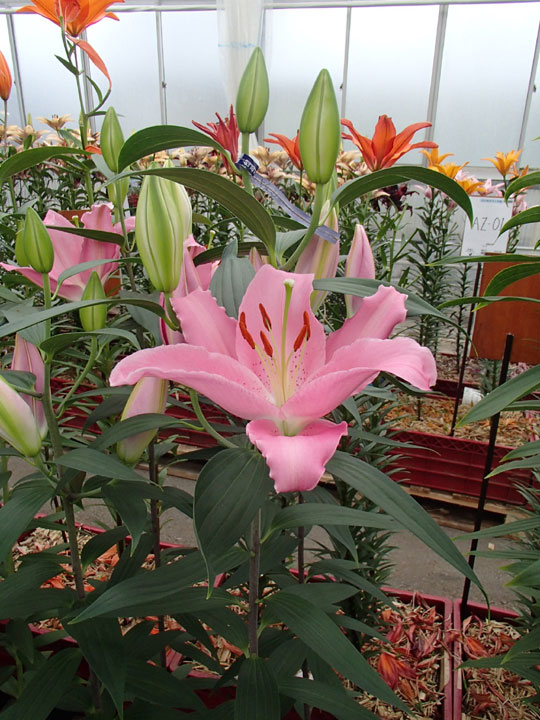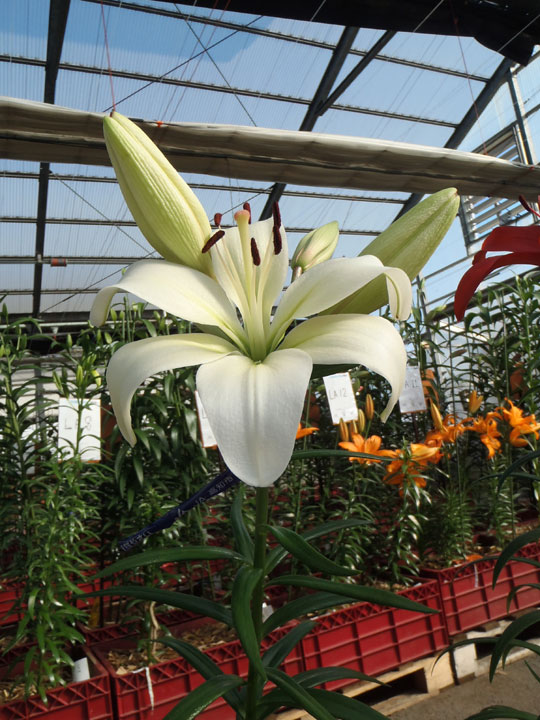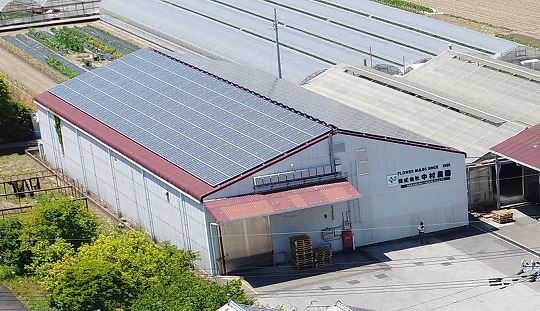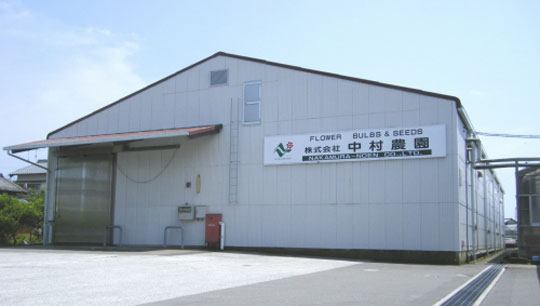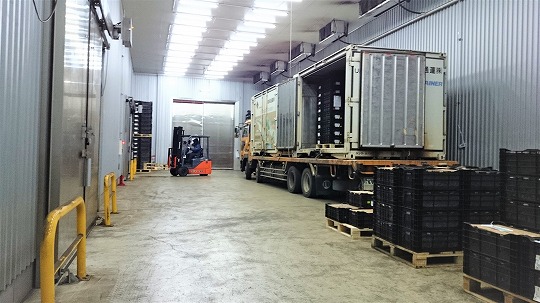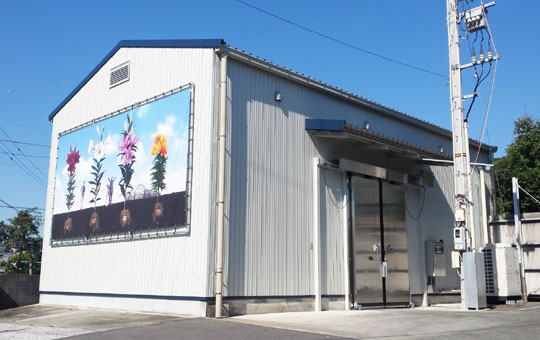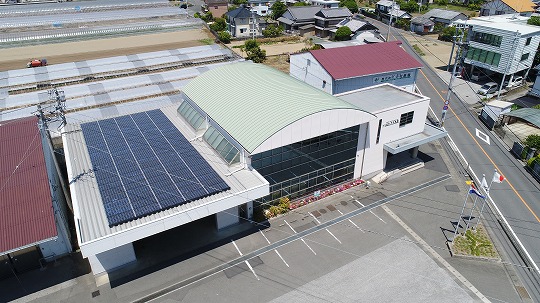Report of Study Tour to Holland
June 7th, 2018
Nakamura Noen Co., Ltd.
Keigo Nakamura
Thank you very much for your usual cooperation.
I went on a study tour to Holland with some of our customers and our staffs from end of May. I would like to report it here.
- Dutch People Love Flowers!?
Many new double varieties are made by breeding companies recently, and varieties which were named in last 2-3 years have been sold to grower groups. License trade is stagnant in general after the shock of Asian market, but for double varieties, many growers choose to keep investments in them. Those double varieties are selected at breeding companies’ greenhouses by checking only few sample stems, and such situation is similar to that of White OT “Forever” when it was released.
One of the factors which is making this situation is a new trend in Holland, “Field Bouquet”. This is a new type of selling flowers on the internet which was established by investors who are originally from outside of the flower industry. In this service, they offer packs of various flowers including wild-looking plants. Those flowers have different stem length each, and it looks casual when they become a bouquet.
I had an impression that Holland had less general consumption of flowers compared to production. This new trend can be said that the first constituted concept of flower use of this country. Normal flower shops in town can easily imitate this style, so the shops can do more specific promotion toward the consumers who are interested in “Field Bouquet” style.
Lilies are usually shipped out to other countries before they bloom (lilies are grown rather for business purposes), there are less opportunities to see blooming lilies in daily lives compared to other flowers. “Field Bouquet” which is a popular and casual way of use for families and friends might be a kind of dream for lilies.
- What Peony Is Telling
The temperature was very high in the latter half of May, and peonies of outdoor culture had to be cut all in only 2 weeks (some parts even couldn’t be cut and shipped), and that’s causing a slump in flower price in the market. Peonies’ stumps remain in the ground, and they grow and increase. Therefore, the same thing will happen next year and there will be a long-term problem like that of overproduction of wine. At supermarkets, big signboards were advertising bunches of peonies’ discount of 3.99 euro to 1.99. I thought that it was just weakening consumers’ interests in buying flowers.
This peony problem and “Field Bouquet” movements are showing that “increasing productivity -> cost reduction -> lower market price = bigger consumption = rich flower culture” is not correct. In my opinion, promotion of lily is like raising a child. It needs good balance and sensitivity. A lady from a flower shop who participated in our study tour told me her story about lily; she didn’t like lilies very much before, but one day, she suddenly fell in love with a lily which was blooming beautifully in a morning. I think that “Fall in love with lily” often happens to people who are related to lily.
- Appropriate Time for Water Uptake for Cut Double Lilies
The water amount which a cut lily needs is considered to be proportional to the volume of the petals. Old varieties and those which have small flowers need less water, so the time for water uptake can be shorter. On the other hand, varieties with flowers which grow while buds open and varieties with more petals like double lilies need more water for their petals. In Holland, there are low-priced cardboard boxes for flowers which flower markets rent out for transportation, but recently transport with buckets which enables stems to be kept in water for longer is increasing.
The importance of appropriate water uptake in hot season is well-known. In promotion of double varieties, it will be necessary to irrigate until just before cutting, and to keep the stems in the water as along as possible after cutting.
Finally, we would like to express our appreciation to people from exporters and breeding companies who helped us and shared time for us during our visit. We wish a big success in Dutch Lily Days.



